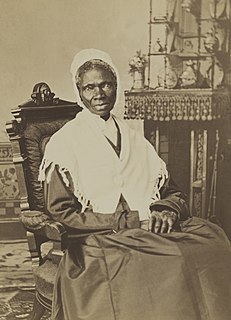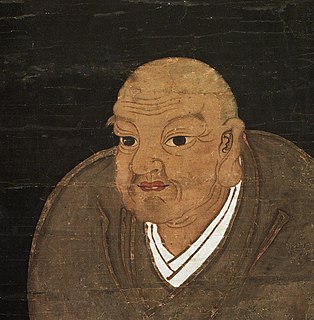A Quote by William Osler
Take the sum of human achievement in action, in science, in art, in literature subtract the work of the men above forty, and while we should miss great treasures, even priceless treasures, we would practically be where we are today ... The effective, moving, vitalizing work of the world is done between the ages of twenty-five and forty.
Related Quotes
People between twenty and forty are not sympathetic. The child has the capacity to do but it can't know. It only knows when it is no longer able to do -after forty. Between twenty and forty the will of the child to do gets stronger, more dangerous, but it has not begun to learn to know yet. Since his capacity to do is forced into channels of evil through environment and pressures, man is strong before he is moral. The world's anguish is caused by people between twenty and forty.
No mathematician should ever allow him to forget that mathematics, more than any other art or science, is a young man's game. ... Galois died at twenty-one, Abel at twenty-seven, Ramanujan at thirty-three, Riemann at forty. There have been men who have done great work later; ... [but] I do not know of a single instance of a major mathematical advance initiated by a man past fifty. ... A mathematician may still be competent enough at sixty, but it is useless to expect him to have original ideas.
He who lays up treasures on earth spends his life backing away from his treasures. To him, death is loss. He who lays up treasures in heaven looks forward to eternity; he's moving daily toward his treasures. To him, death is gain. He who spends his life moving toward his treasures has reason to rejoice. Are you despairing or rejoicing?
Treasures in heaven are more permanent. They are more satisfying. There are only two reasons why we are not as successful as we would like to be in laying up earthly treasures. One is that we sometimes get into the wrong business; and the second reason is that even though we may be in the right business, we do not always work at it effectively. Interestingly enough, these are the same reasons why we fail in laying up treasures in heaven.
Selfishness is when we pursue gain at the expense of others. But God doesn’t have a limited number of treasures to distribute. When you store up treasures for yourself in heaven, it doesn’t reduce the treasures available to others. In fact, it is by serving God and others that we store up heavenly treasures. Everyone gains; no one loses.




































